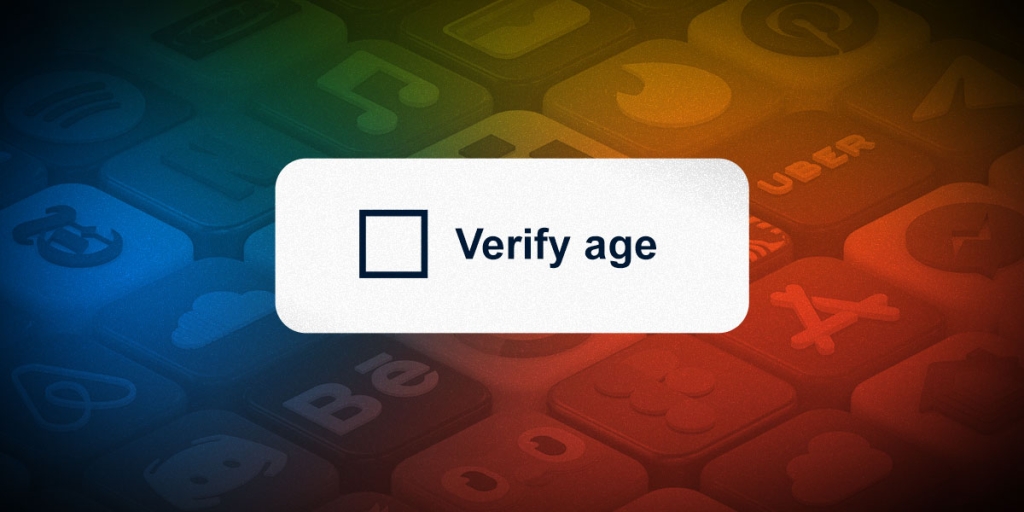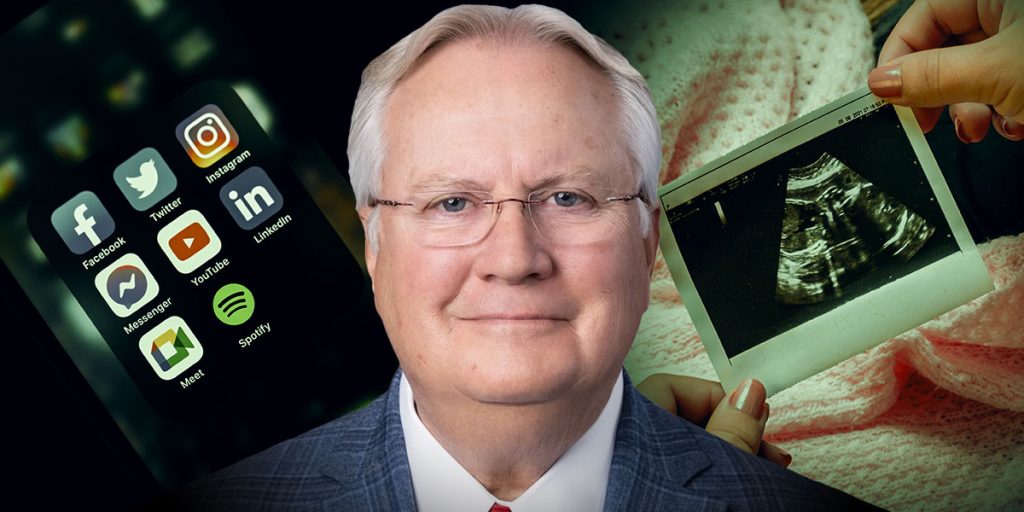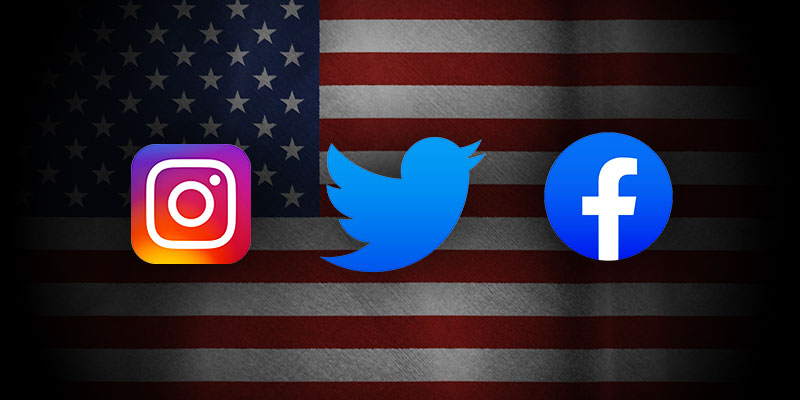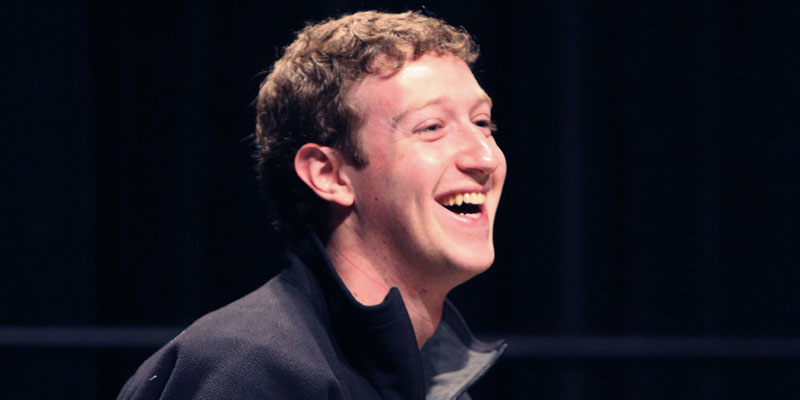Economists and political philosophers frequently contrast political and economic power. This distinction also informs views on policy questions. The nature of economic power offers perspective on the potential for social media “censorship.”
Politics involves efforts to control government, which ultimately deals in force. Political power is ability to force others to follow your commands. Whether government officials differ from criminals turns on legitimacy, which rests on the consent of the governed.
Wikipedia defines economic power as “the ability of countries, businesses, or individuals to improve their standard of living,” but this fails to address power over others. Economic power is nebulous because market transactions are voluntary.
Every purchase has a willing buyer and willing seller; every employee must choose to continue working. Economic power cannot involve making someone do something on pain of injury. In markets, people can only refuse to do business with another.
Many free-market economists consequently dismiss business’ economic power as largely harmless. Danger arises only when businesses get laws passed for their benefit. The most Twitter, YouTube or Facebook can do is ban someone from their service. They cannot force other social media companies to follow suit.
Twitter could not keep former President Donald Trump from starting Truth Social. Only government could ban someone from all social media. But before dismissing economic power as harmless, however, consider Hollywood’s “casting couch.”
Aspiring actresses were victimized by studio executives possessing gatekeeping power. Some offenses involved forcible sexual assault and were clearly criminal; the failure to prosecute these perpetrators involves a defect in our criminal justice system.
Consider the “quid pro quos,” or implied exchanges of sexual favors for a part. The “limits” of economic power apply here: an executive could only not hire an actress refusing his advances. The actress could say no and audition for other roles.
Clearly economic power can sometimes be problematic. Another potential problem exists. Joe Rogan is America’s most prominent podcaster and signed a $100 million deal with Spotify in 2020.
He may easily get used to earning millions each year. Mr. Rogan’s life could be significantly impacted if Spotify canceled his deal, giving the company some leverage over him.
Vulnerability arises here from the costs people incur when taking jobs, buying homes, or entering long-term business deals. Disruption of these deals can be extremely costly. The desire to avoid disruption of our life plans creates vulnerability.
Of course, Mr. Rogan probably knows he could take his talents elsewhere, giving Spotify little leverage over him. This illustrates an important facet of vulnerability.
People must have other options and truly know they have these options. The actress fearing never landing another role or being blacklisted was likely most vulnerable to exploitation.
Let’s bring these observations to social media. Economic power raises concerns when people perceive they have few other options and when disruption creates considerable costs.
Dominant social media companies’ near monopolies clearly raise questions about alternatives. When no other company offers a similar service, being banned by Twitter is the same as a government ban.
Facebook and Twitter have so many users that the alternative options which do exist appear totally inadequate. Politicians and political organizations communicate using social media and the costs of transitioning to another mode on short notice are likely high.
Consider the following hypothetical: suppose major social media banned all Republican candidates and campaign ads without warning two months before an election. This would likely affect some races and possibly party control of Congress. Free-market economists can respond that this would simply hasten the demise of today’s social media giants, which is likely 100% correct.
But the consequences would persist, possibly for years. The “power” large businesses seemingly possess over us is limited and not based on force.
Yet as the casting couch reminds us, economic power is not entirely benign. Today’s social media giants raise some of the vulnerabilities of economic power, meriting further attention.
Daniel Sutter is the Charles G. Koch Professor of Economics with the Manuel H. Johnson Center for Political Economy at Troy University and host of Econversations on TrojanVision. The opinions expressed in this column are the author’s and do not necessarily reflect the views of Troy University.













